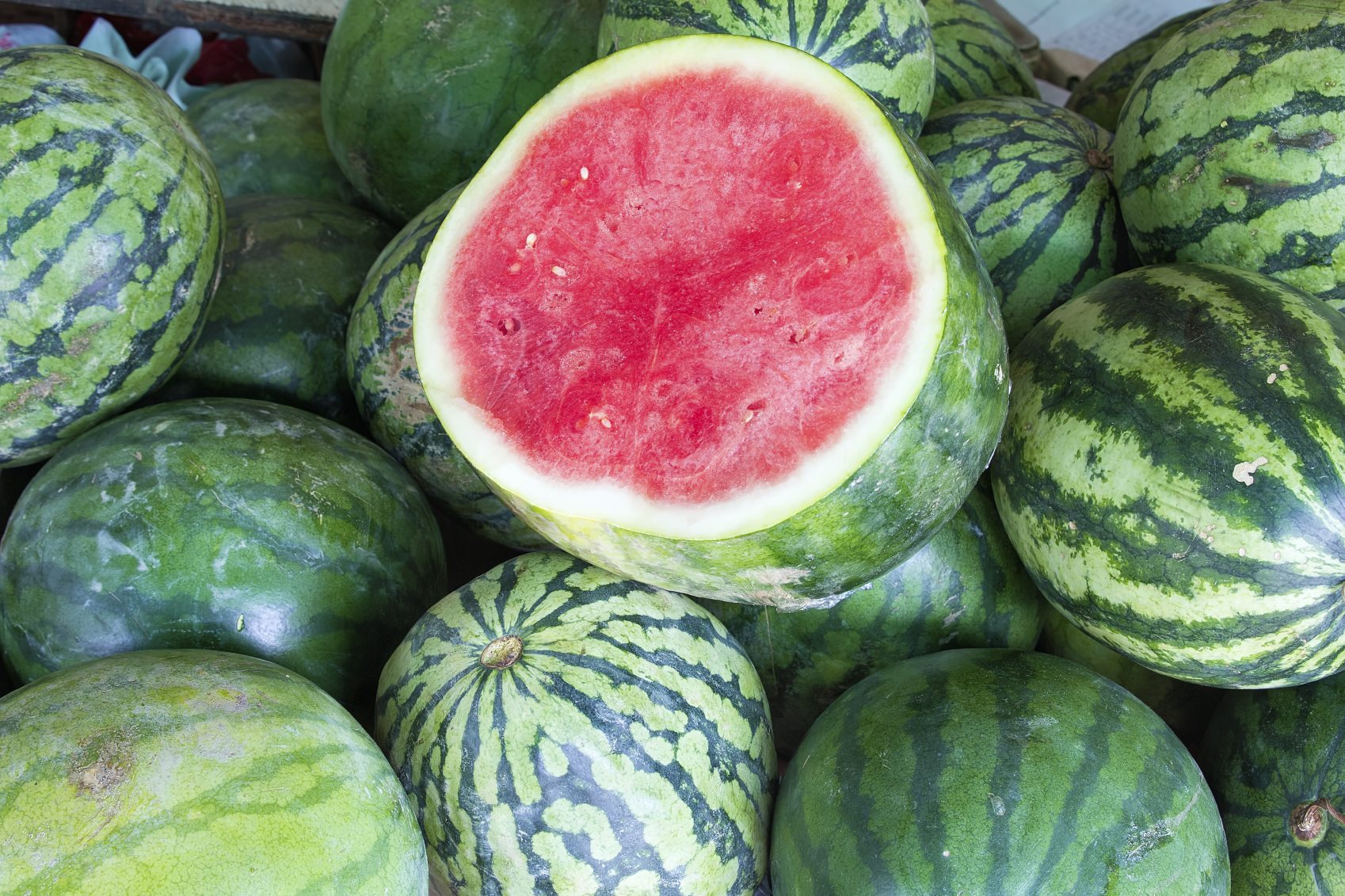
While Monsanto, now owned by German pharmaceutical, chemical, and agricultural giant Bayer, is perhaps most known for its genetically engineered seeds, the company also has a history of bringing hybridized seeds to market.
Hybridized seeds are not spliced laboratories like genetically engineered seeds (also known as GMOs or genetically modified organisms), but they are also capable of being patented by corporations in certain circumstances.
In May 2011, the Monsanto Company was granted a patent on one of the world’s most favorite, and healthiest fruits, despite the fact that the law technically did not allow for such an “invention” to be patented.
But now, that long-questioned patent is being revoked, after a ruling that has been described as a “huge success” by one of the leaders of an international coalition that had been organized against it.
Patent Office Finally Revokes Long-Held Patent on Monsanto Melons
As detailed in a report from the organization ‘No Patents on Seeds,’ Monsanto’s long-held patent on their “invention” of a specific type of melon plant has been revoked.
The Technical Board of Appeal at the European Patent Office (EPO) confirmed the revocation of the patent according to the report, which can be read in full here.
While the news was welcome, Monsanto still has the right to pursue additional patents in the future on their controversial crops, highlighting the need for increased awareness according to the coalition.
“It is a huge success that the patent has been revoked! Nevertheless, the general problem has still not been solved: further patents on plants and animals can still be granted in future despite existing prohibitions in patent law,” said Katherine Dolan for the international coalition, which organized the opposition to the patent.
“The patent was based on ‘essentially biological processes’ for breeding and claimed plant varieties,” Dolan explained.
“This was a clear violation of European patent law. However, the EPO decision is not based on these grounds.”
The patent number for the GMO melons was EP1962578.
In it, Monsanto had claimed its melons with natural resistance to plant viruses as their own “invention,” even though the resistance exhibited by the specific breed was first detected in Indian melons.
“The patent was granted by the European Patent Office (EPO) in 2011, even though European patent law does not allow patents on plant varieties of conventional breeding processes,” the coalition reported.
The final decision to revoke the patent came because of technical reasons, the coalition added: Monsanto did not deposit the melon seeds as requested in European patent law. Monsanto has the ability to appeal the ruling.
Organizations supporting the end to Monsanto’s patent included ‘No Patents on Life!’ along with German environmental organizations and well known Indian environmental activist Vandana Shiva’s organization Navanya.
“Patents create monopolies: plants and animals claimed in patents cannot be used by other breeders, gardeners or farmers for further breeding without the permission of the patent holder,” the coalition said in their report, urging the EPO to take further action to stop Monsanto and others from patenting and controlling our food supply.
“In many cases, the patents also cover the use of the harvested plants for food production. As a result, a handful of large corporations will acquire far-reaching control over our daily food production.
“They will decide what we eat, what farmers produce, what retailers sell and how much we all have to pay for it.”
Thanks for reading! For more on Monsanto’s recently uncovered $125 million plans to patent and genetically modify some of our favorite foods, check out this article. You can also learn more about the potential health risks of GMOs as shared by a new database of studies by clicking on this article.
Thanks for installing the Bottom of every post plugin by Corey Salzano. Contact me if you need custom WordPress plugins or website design.




